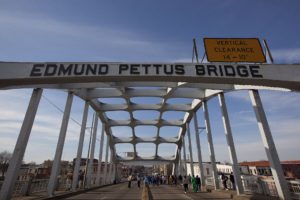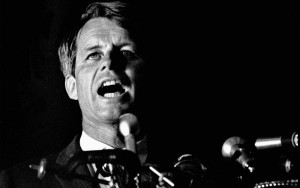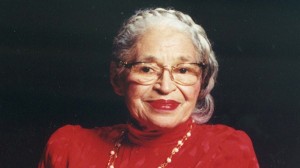I’ve already declared that I believe U.S. Rep. John Lewis’s declaration that Donald Trump is “not a legitimate president” went too far, that Trump is — in my view — legitimate.
So … what does Trump do? He responds to Lewis — perhaps the most legendary member of Congress — with a couple of tweets.
“Congressman John Lewis should spend more time on fixing and helping his district, which is in horrible shape and falling apart (not to……mention crime infested) rather than falsely complaining about the election results. All talk, talk, talk — no action or results. Sad!” Trump wrote in two tweets Saturday morning.
I want to repeat the ending: “All talk, talk, talk — no action or results. Sad!”
Good ever-lovin’ grief, man!
Given that the president-elect seems to know nothing about our history and the role that many brave men and women played in shaping it, I feel compelled to remind everyone that of all of Trump’s critics, John Lewis has more than earned his right to speak out.
http://www.politico.com/story/2017/01/trump-john-lewis-233630
He stood with the Rev. Martin Luther King Jr. He marched with him across the Edmund Pettus Bridge in Selma, Ala. He faced down racists, was beaten to within an inch of his life — on more than one occasion — while speaking out for the cause of equality for all Americans. He participated in boycotts, protests, marches, demonstrations.
For the president-elect — a man with zero public service experience — to denigrate a critic as renowned and beloved as Rep. Lewis is to yet again demonstrate his utter and absolute ignorance of an iconic figure’s stature.



